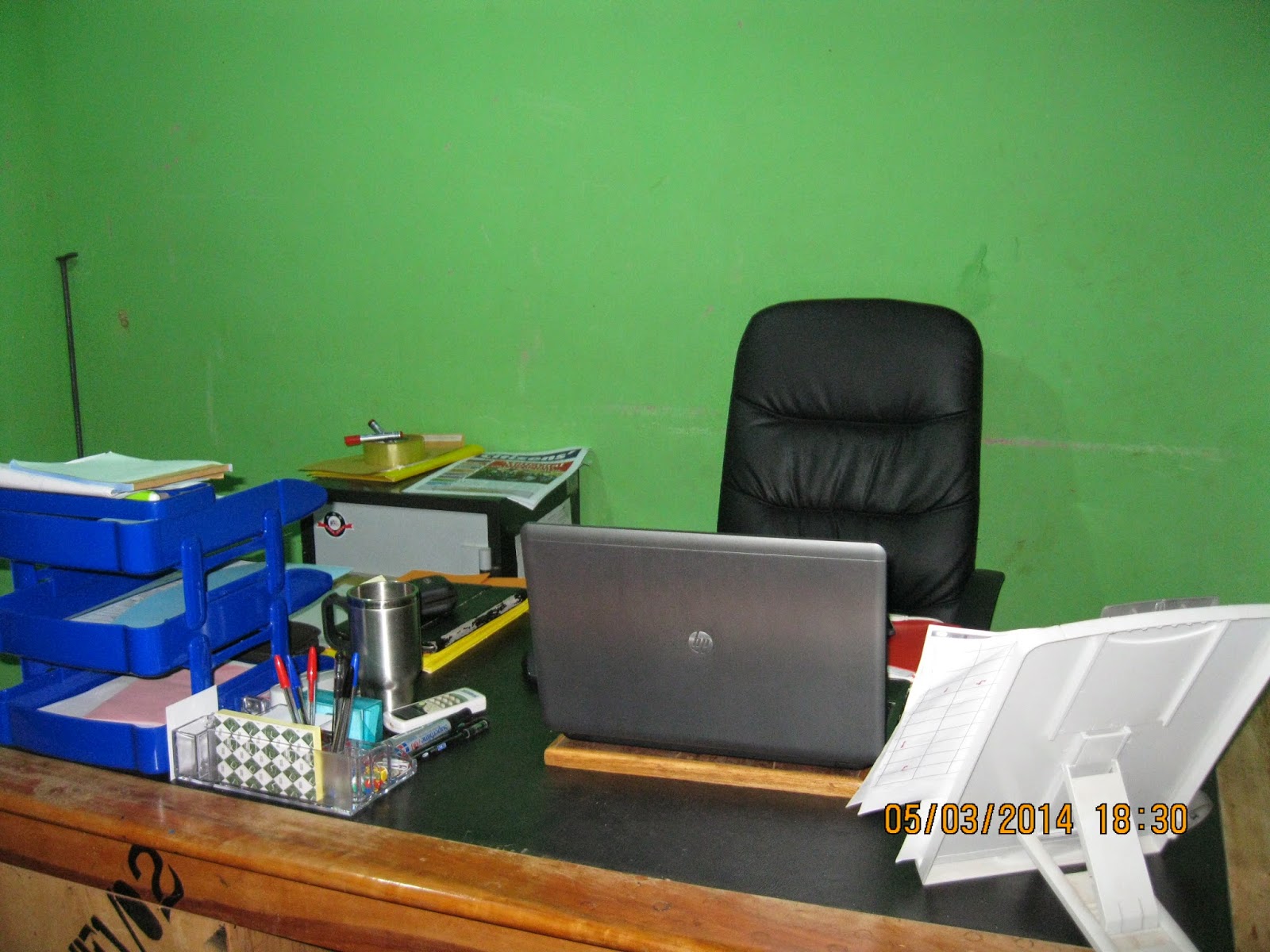Remote Work Trends in Africa: A Historical Perspective
1. Early Adoption of Remote Work:
Remote work is not a new concept in Africa. Historically, many people in rural areas have worked remotely, such as farmers, artisans, and traders. However, the advent of digital technology has expanded the possibilities for remote work, enabling people to work from anywhere with an internet connection.
2. Growth of Freelancing and Outsourcing:
In recent years, there has been a significant growth in freelancing and outsourcing in Africa. Many African freelancers and remote workers offer services such as graphic design, programming, writing, and virtual assistance to clients around the world. This trend has been driven by the increasing demand for digital services and the rise of online platforms that connect freelancers with clients.
3. Impact of COVID-19:
The COVID-19 pandemic has accelerated the adoption of remote work in Africa, as it has in many other parts of the world. Lockdowns and social distancing measures forced businesses to adapt to remote work arrangements, leading to a rapid shift towards remote work across various industries. This shift has highlighted the potential of remote work to increase productivity, reduce costs, and improve work-life balance.
4. Challenges and Opportunities:
While remote work offers many benefits, it also presents challenges, especially in the African context. Limited access to reliable internet connectivity, electricity, and infrastructure can hinder remote work opportunities for many people in Africa. However, these challenges also present opportunities for innovation and investment in infrastructure and technology to support remote work.
5. Future Outlook:
The future of remote work in Africa looks promising, with the potential to drive economic growth, create job opportunities, and improve the quality of life for many people. As technology continues to advance and connectivity improves, remote work is likely to become even more prevalent in Africa, transforming the way people work and live across the continent.
In conclusion, remote work is a growing trend in Africa, driven by technological advancements and changing work patterns. While there are challenges to overcome, remote work offers significant opportunities for economic development and improved livelihoods in Africa. By embracing remote work and investing in the necessary infrastructure and technology, African countries can harness the full potential of remote work for sustainable growth and development.




Comments
Post a Comment